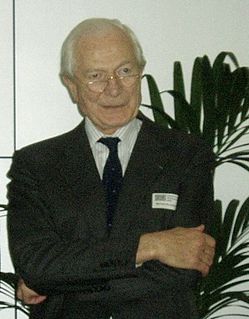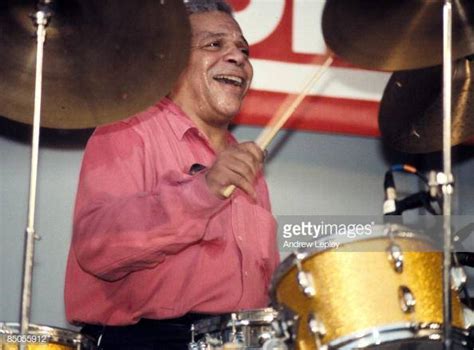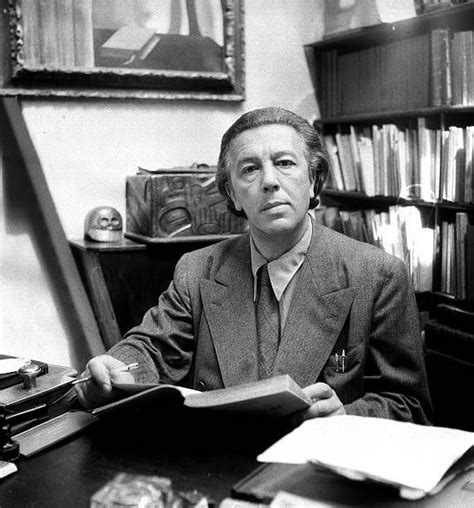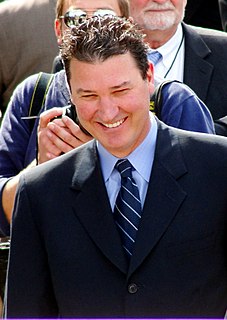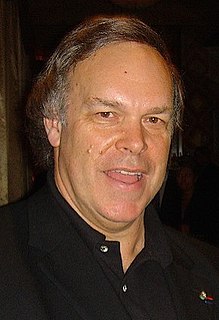A Quote by Michael Broadbent
Food and wine. Decide which is the soloist, which the accompanist.
Quote Topics
Related Quotes
Upon the first goblet he read this inscription, monkey wine; upon the second, lion wine; upon the third, sheep wine; upon the fourth, swine wine. These four inscriptions expressed the four descending degrees of drunkenness: the first, that which enlivens; the second, that which irritates; the third, that which stupefies; finally the last, that which brutalizes.
I was deeply impressed and moved by his masterful playing. He was highly polished, profound, subtle, and intense. He was extremely fluent in a great combination of the traditional vernacular with his own. Hearing it unfold and being in a position to participate was a great pleasure. Part of being an accompanist is that the stronger the soloist, the more I can do all that I know to do. So, Joe was as good as it gets.
You do not need to be an expert, or even particularly interested in wine, in order to enjoy drinking it. But tasting is not the same as drinking. Drinking pleases, mellows, loosens the tongue and inhibitions; drinking wine with food is healthy and natural; drinking good wine with good food in good company is one of life's most civilized pleasures.
Wine buffs write and talk as though the food and wine will be in your mouth at the same time, that one is there to be poured over the other. This is bullshit. Gustatory enjoyment comes from food and wine and cigars of your liking. So far no one has said that a Monte Cristo is the only cigar to smoke after Armagnac, Romeo and Juliet after Calvados ... but the time may yet come.
Wine writers have been around for almost as long as there has been wine, but in the past, generally speaking, most wine writing was uncritical and emphasized wine as a romantic, historic beverage. Criticism and comparative tastings were eschewed for fear of offending the trade, which most writers depended upon for survival.
